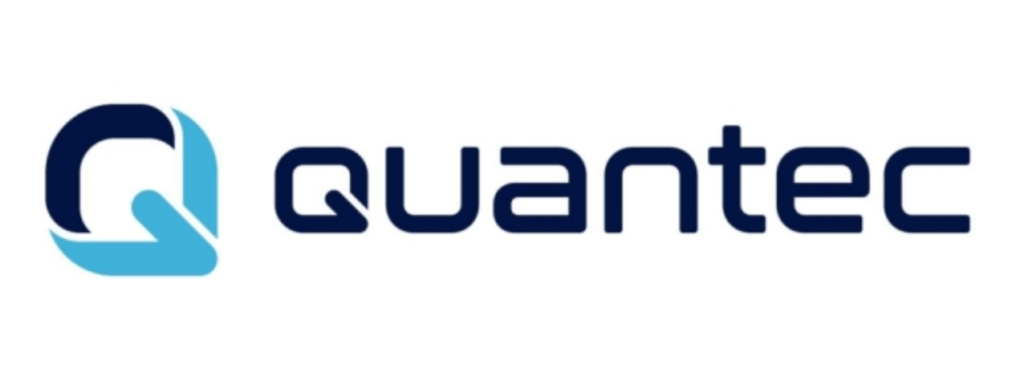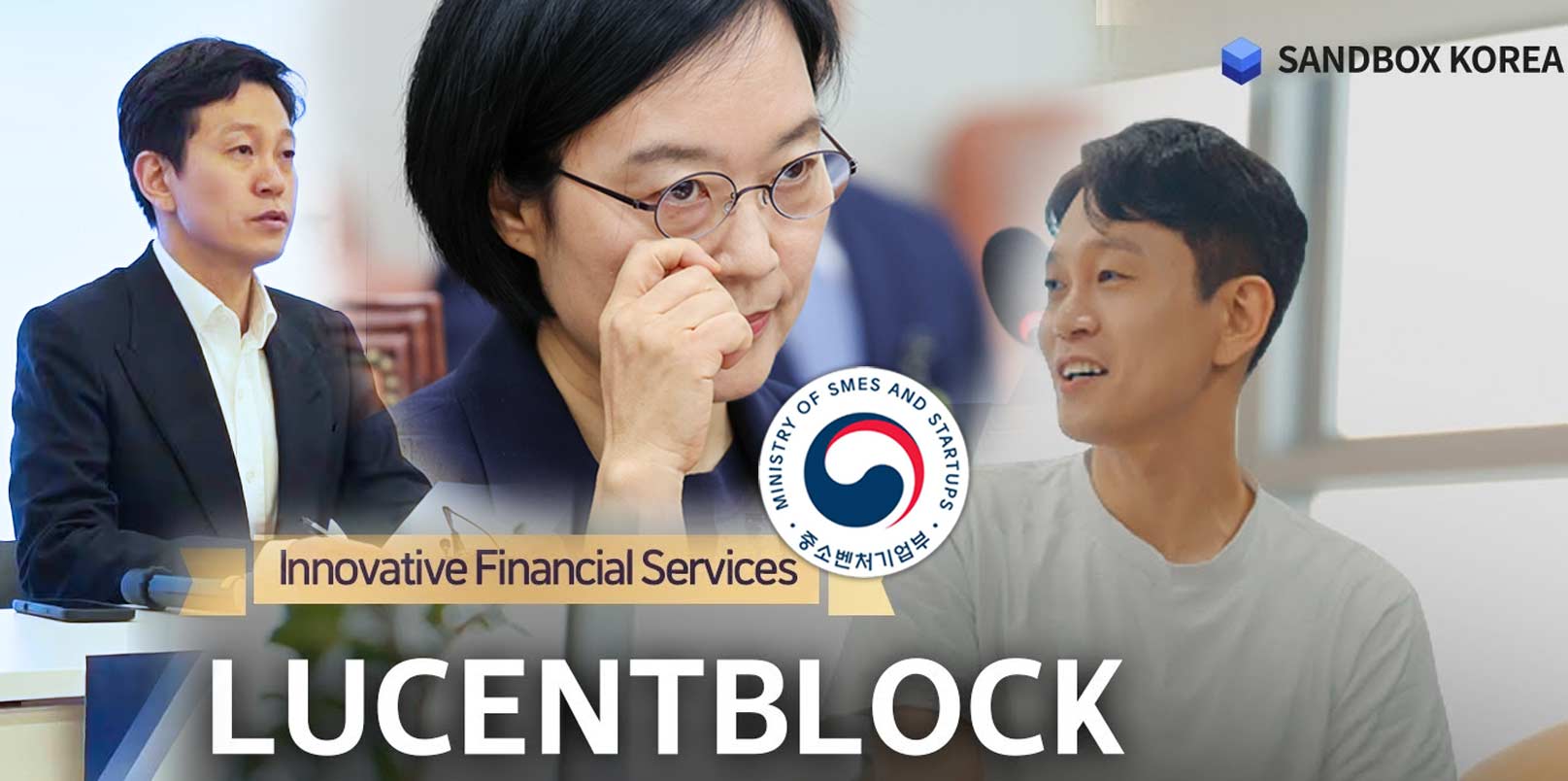The Russian invasion of Ukraine has raised big risks for the global economy as investors fret over losing billions of dollars. Korean FinTech startup Quantec has leveled up its Robo-advisor’s risk management strategies to help investors minimize losses.
FinTech platform advises reducing risky assets
Quantec activated its second stage of risk management module ‘QX’ on February 24 as the war crisis escalates. Accordingly, Quantecadvised financial institutions to reduce the proportion of risky assets. The startup reported that seven financial companies, including KB Securities, DB Financial Investment, Hana Bank, which introduced QX, reduced the proportion of stocks in their investment products and increased the proportion of cash assets. Quantec’s AI-based Q-Engine technology helps users construct a customized asset management portfolio.
Earlier, these financial companies had already reduced their share of stocks when QX Phase 1 was introduced on January 21. Immediately after the first stage of QX was triggered, the KOSPI index plunged 233.46 points from 2847.85 points (the highest price on January 21) to 2614.49 points (the closing price on January 27), recording a loss of -8.02%.
 QX is a risk management module developed by Quantec. When it detects anomalies in the market, it protects against volatility by rebalancing the proportion of risky assets in the investment portfolio in two stages. Through this, the company explains that it is designed to share the profits of the asset class that is upward in the long term without hasty liquidation even in a market situation when the stock price plummets.
QX is a risk management module developed by Quantec. When it detects anomalies in the market, it protects against volatility by rebalancing the proportion of risky assets in the investment portfolio in two stages. Through this, the company explains that it is designed to share the profits of the asset class that is upward in the long term without hasty liquidation even in a market situation when the stock price plummets.
Choi Yong-seok, CEO of Quantec Investment Advisory, said, “The risk management model means reducing the proportion of risky assets to prevent concerns about a volatility market that is likely to surge and plunge, not to predict a continuous negative peak. In the market situation, Quantec is protecting against volatility by adjusting the proportion of risky assets to avoid risks such as rain showers and minimize investor stress.”
Quantec’s QX is being applied to various financial products of traditional financial companies. ‘Quantek Asset Allocation Type EMP’ introduced to Hana Bank Trust, KB Prime Robo EMP and Theme Strategy Series, DB-Quantek Wrap 1/2/3 Strategy, Heungkuk Asset Management Life Changer Global Platform Public Offering Fund are representative.
Meanwhile, the financial investment industry is watching the possibility of Russia’s invasion of Ukraine. The KOSPI index closed at 2648.80 on February 24 and fell -70 points. However, the next day, February 25, it started on a rebound, and as of 11:30 am, it was 2678.04, up 29.24 points from the previous day.
Also Read,
- Korean startup Qauntec wants to make financial asset management ‘super personalized’ with Robo-advisor
- 5 FinTech Korean Startups that are minting success
- Korean FinTech CONCAT to launch smart solutions for insurance agents
- Korean FinTech WireBarley reaching global heights with its cross-border remittance service






